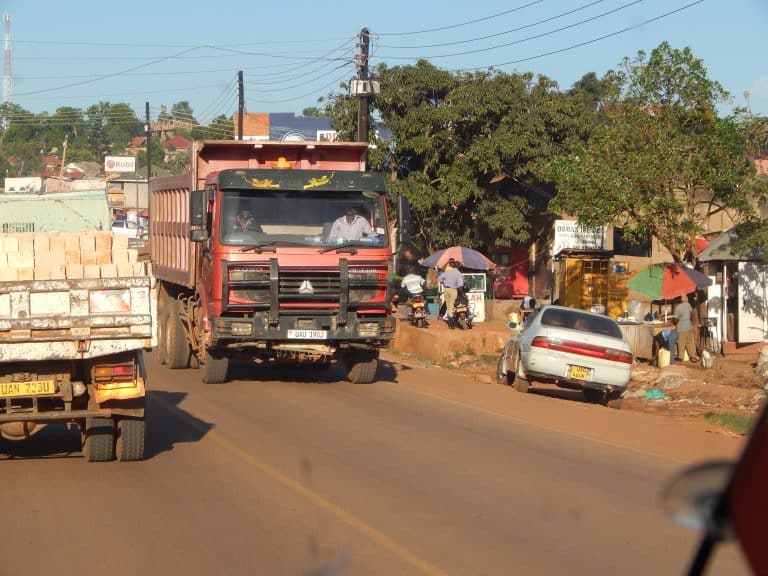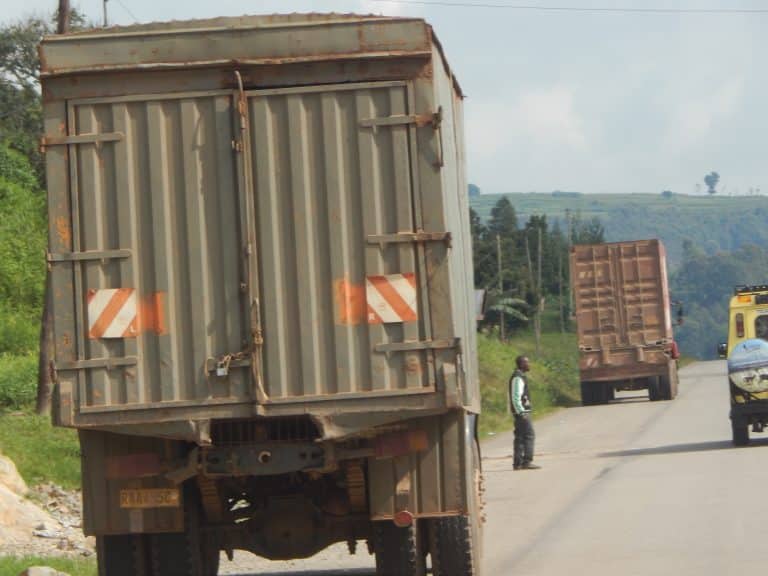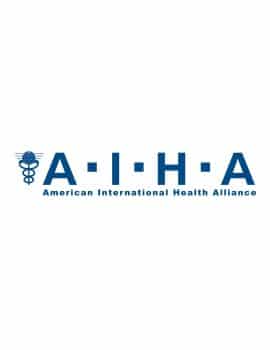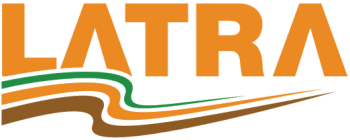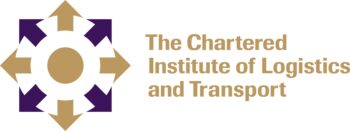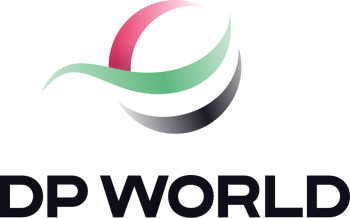Our Programmes

Field research in Tanzania on rural transport operator associations
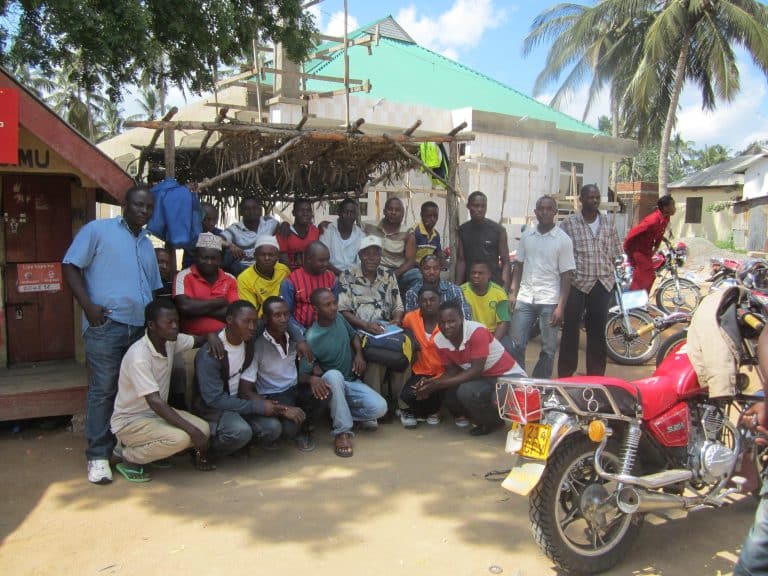
Transaid conducted field research in Tanzania to assess the role of transport operator associations in shaping transport services in rural Africa. This research was funded by the Africa Community Access Programme (AFCAP*) which promotes safe and sustainable access to markets, healthcare, education, employment and social and political networks for rural communities in Africa.
In addition to a literature review and telephone interviews that were conducted with a number of associations across Africa, Tanzania was chosen for a critical case study and field research because of its active and influential transport associations. The role that associations have in shaping transport services in Africa’s rural areas is under-researched so this research aims to bridge this knowledge gap.
Transaid conducted interviews with a range of stakeholders in Tanzania. These interviews helped determine the way that decisions regarding fares and routes were made, the role of associations in these decisions, the benefits of joining an association and the impact of associations on road safety and issues of rural access.
Transaid also undertook a trip to the Bagamoyo to speak with the BodaBoda operators (motorcycle taxis) that service the rural areas. It was found that these operators are by far the most dominant form of public transport in rural areas and that they are beginning to form informal associations based on friendship groups and location and that they have a significant influence on rural access issues.
A well attended workshop was conducted on 12th December 2013 with participants including transport association representatives, The Ministry of Works, The Ministry of Transport, the Traffic Police, regulators, rural transport interest groups, NGOs, transport lecturers from local universities, and representatives from the Chartered Institute of Logistics and Transport (CILT). This workshop enabled active discussions on access challenges in rural areas.
It was a unique forum to bring together key stakeholders to order to understand the issues and challenges faced by all parties and promoted an important dialogue between associations and other stakeholders such as public authorities and regulators. Participants worked in groups to unpack the following themes:
• Improving rural services and the opportunities
• Rural road safety
• Improving interactions between associations and government
• BodaBodas in the rural areas
The workshop was highly participatory in nature and the through group work a collaborative ‘road map for action’ was developed to provide solutions for improving rural access. It was encouraging to see that many of these solutions related to strengthening, formalising and developing associations.This means that the role of transport operator associations in shaping rural transport services was seen as important amongst all the workshop stakeholders and they believe that transport operator associations could play a vital role in improving them.
The research will now be concluded by a final report on the overall findings to bridge this knowledge gap and to promote informed and evidence led implement improvements to rural transport services.
* The Africa Community Access Programme (AFCAP) is funded by the UK government (DFID) and supports research and knowledge sharing between participating countries to enhance the uptake of low cost, proven solutions for rural access that maximise the use of local resources. Find out more about AFCAP here.

